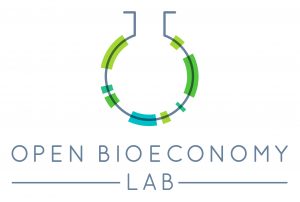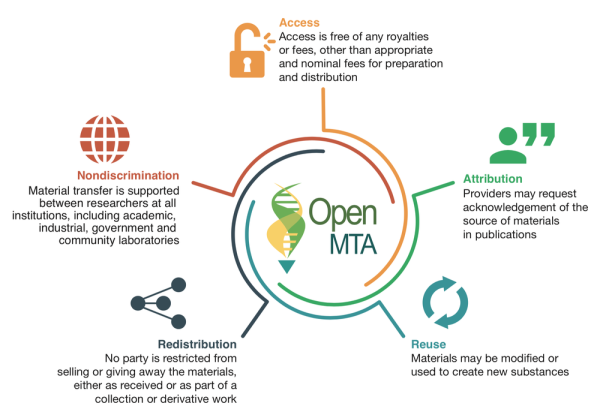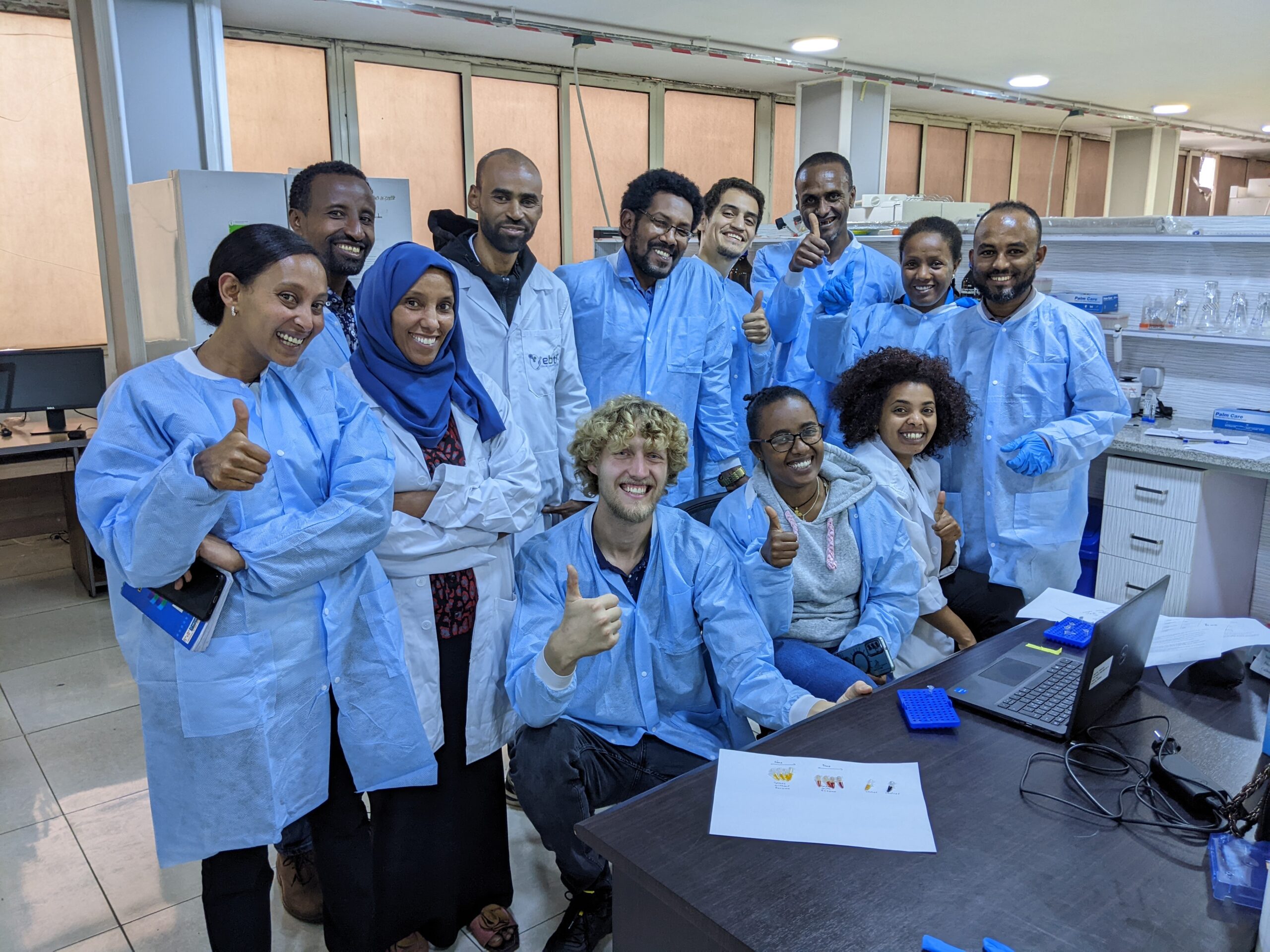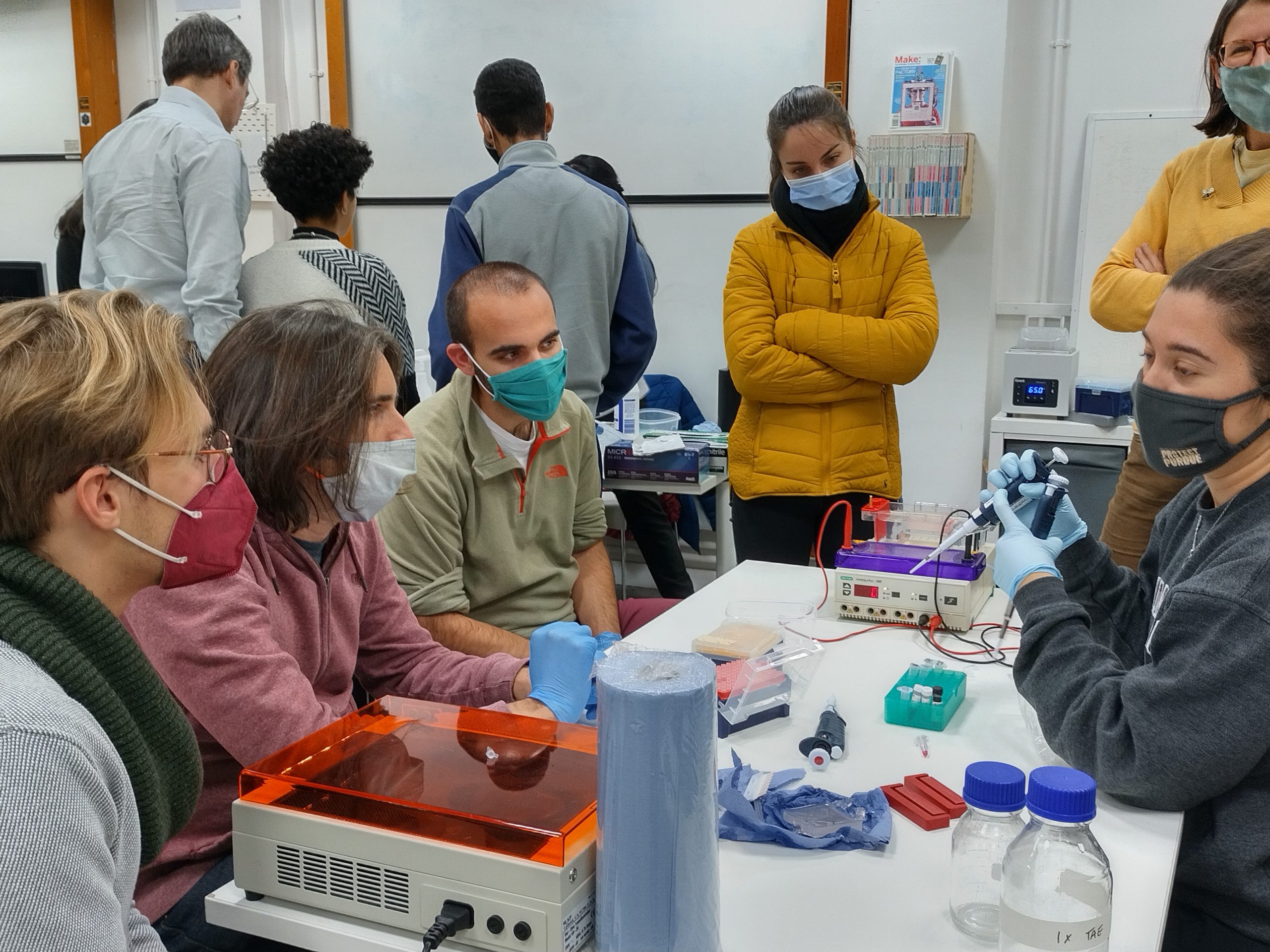The Open Material Transfer Agreement is a material-transfer agreement that enables broader sharing and use of biological materials by biotechnology practitioners working within the practical realities of technology transfer.
Material-transfer agreements (MTAs) underlie the legal frameworks within which biotechnology practitioners define the terms and conditions for sharing biomaterials ranging, for example, from plasmid DNA to patient samples. If MTAs are easy to use and well adapted to the needs of individual researchers, institutions, and broader communities, then more sharing, innovation, and translation can occur. However, the MTA frameworks currently in place were developed in the 1990s—before widespread adoption of the World Wide Web, genome sequencing, and gene synthesis—and are not always well adapted for contemporary research and translation practices or aligned with social objectives.
Here, we introduce a new MTA, the Open Material Transfer Agreement (OpenMTA), that relaxes restrictions on the redistribution and commercial use of biomaterials while maintaining aspects of standard MTAs that support widespread adoption (for example, incorporation into semiautomated administration systems). In developing the OpenMTA, our motivation was to realize a simple, standardized legal tool for sharing biological materials as broadly as possible without undue restrictions, while respecting the rights of creators and promoting safe practices and responsible research. Importantly, we wanted the tool to work within the practical realities of technology transfer and to be sufficiently flexible to accommodate the needs of many groups globally (for example, providing support for international transfers and compatibility with public and philanthropic funding policies).







